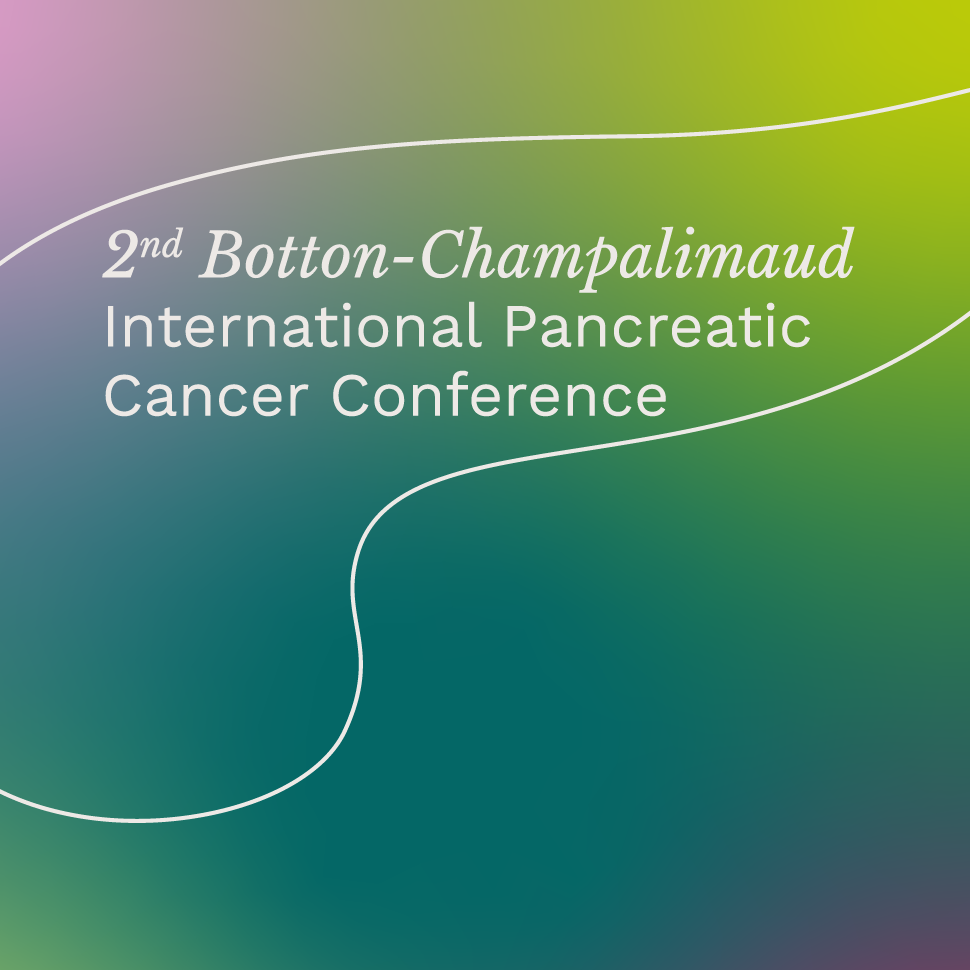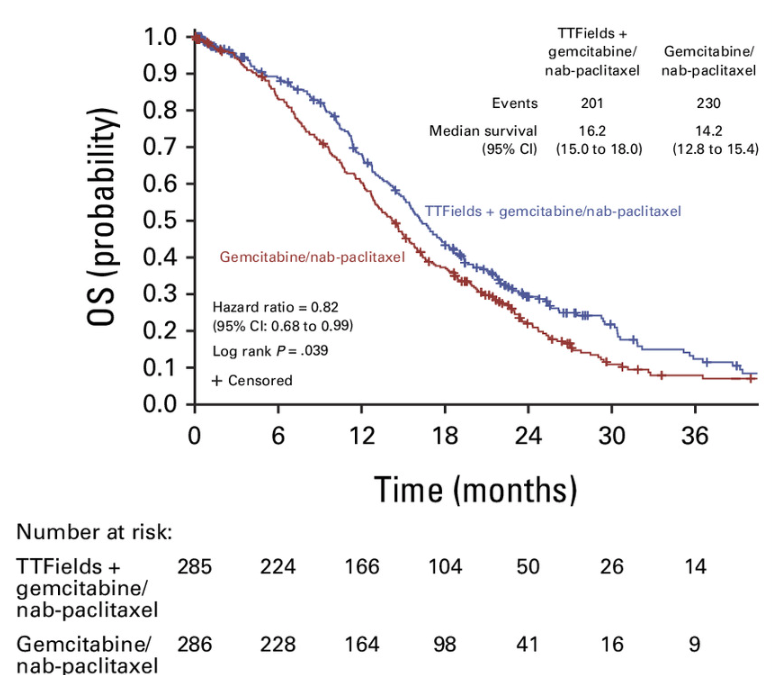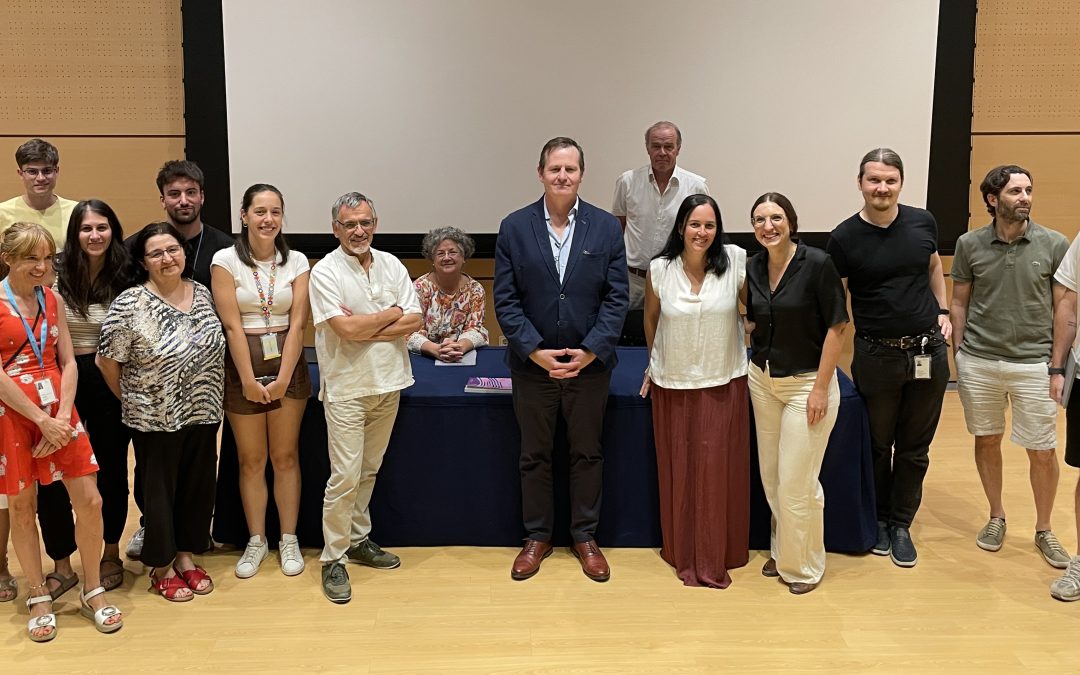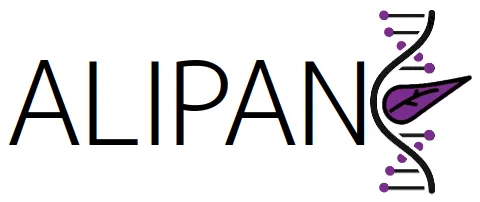by Comite Web | Sep 19, 2025 | Sin categorizar

The second edition of the Botton-Champalimaud International Pancreatic Cancer Conference (BCIPCC) will take place from October 29th to November 1st, 2025, at the Botton-Champalimaud Pancreatic Cancer Centre in Lisbon.
Following the success of the inaugural 2024 conference, the event will again bring together global experts and healthcare professionals to discuss the latest advancements in pancreatic cancer diagnosis, treatment, and care. Topics will include innovative diagnostic techniques, emerging therapies, and cutting-edge research.
Have a look at the program!
More information and registration: https://www.bcipcc.org
by Comite Web | Sep 11, 2025 | Sin categorizar
On September 17th, the conference “Pancreatic Cancer: challenges and future perspectives” will take place at the Ramón Areces Foundation. Leading international experts, including members of ALIPANC, will present advances in basic, translational and clinical research.
Four sessions will address the most recent advances on the origin and molecular evolution of the tumor, mechanisms of resistance and new therapeutic strategies and clinical research.
Attendance is free with prior online registration – Don’t miss it!
More information: Fundación Ramón Areces.

by Comite Web | Jul 29, 2025 | Sin categorizar
At the 2025 ASCO congress it was presented the positive results of the PANOVA-3 trial. This is the first and the only positive trial in locally advanced pancreatic cancer (LA-PDAC)
Tumor treating fields (TTFields) use alternating electric fields to disrupt cancer cell proliferation.
571 newly diagnosed LA-PDAC were randomly assigned to received gemcitabine and nab-paclitaxel with or without TTFields.
Overall survival was significantly prolonged using TTFields with chemotherapy versus chemotherapy alone (median 16.2months, vs 14.2 months, HR 0.82, p 0.039).
Progression free survival, local progression free survival, and overall response rate were not improved.
Importantly pain free survival was significantly prolonged with TTFields plus chemotherapy (median 15.2 months vs 9.1 months, HR0.74, p 0.027).
Distant progression free survival was longer in patients treated with TTFields plus chemotherapy (13.9 months vs 11.5 months, HR 0.74, p 0.022).
Device-related skin adverse events were experienced by 76.3% of patients, but only 7.7% of patients presented grade 3 adverse events.
This trial was published in J Clin Oncol on May 31, 2025, and the lead author of the study is Dr. Teresa Macarulla, a distinguished member of ALIPANC.
The full study can be accessed at the following link: https://pubmed.ncbi.nlm.nih.gov/40448572/

by Comite Web | Jul 28, 2025 | Sin categorizar
Last Thursday, Dr. Peter Bailey, Director of Translational Genomics at the Botton-Champalimaud Center in Lisbon and member of ALIPANC, visited the Spanish National Cancer Research Center (CNIO), where he gave a seminar focused on the role of extrachromosomal DNA (ecDNA) in pancreatic cancer.
His intervention aroused considerable interest among the research community of the center, especially among the researchers of the different groups that make up the alliance, who took advantage of the occasion to meet with Dr. Bailey. During the visit, they discussed scientific issues of common interest, exchanged perspectives on current lines of research and explored possible avenues for future collaboration.
Dr. Bailey’s visit strengthens the links between institutions committed to translational research in pancreatic cancer and highlights the importance of promoting scientific dialogue and international cooperation in this field.
by Comite Web | Jul 15, 2025 | Sin categorizar
This one-day symposium, divided into four sessions, will bring together experts in basic, translational and clinical research working on the study of pancreatic cancer, one of the most aggressive and best characterized tumors at the molecular level. Key aspects of tumor origin, experimental models of new therapies and clinical research with new generation drugs, such as KRAS oncogene inhibitors, will be addressed.
Date: September 17, 2025
Venue: Fundación Ramón Areces C/de Vitruvio, 5 28006 MADRID
Attendance is in person (until full capacity is reached) and requires prior registration.
https://www.fundacionareces.es/fundacionareces/es/actividades/cancer-de-pancreas-retos-y-perspectivas-futuras.html



